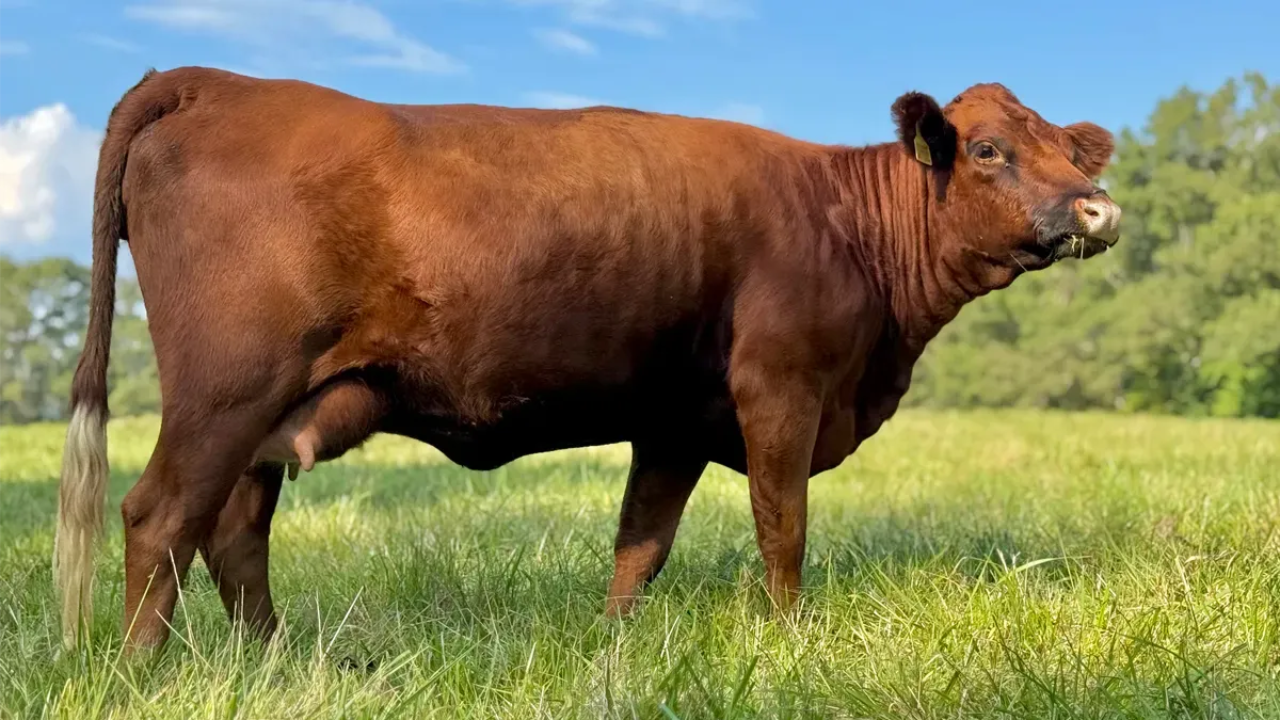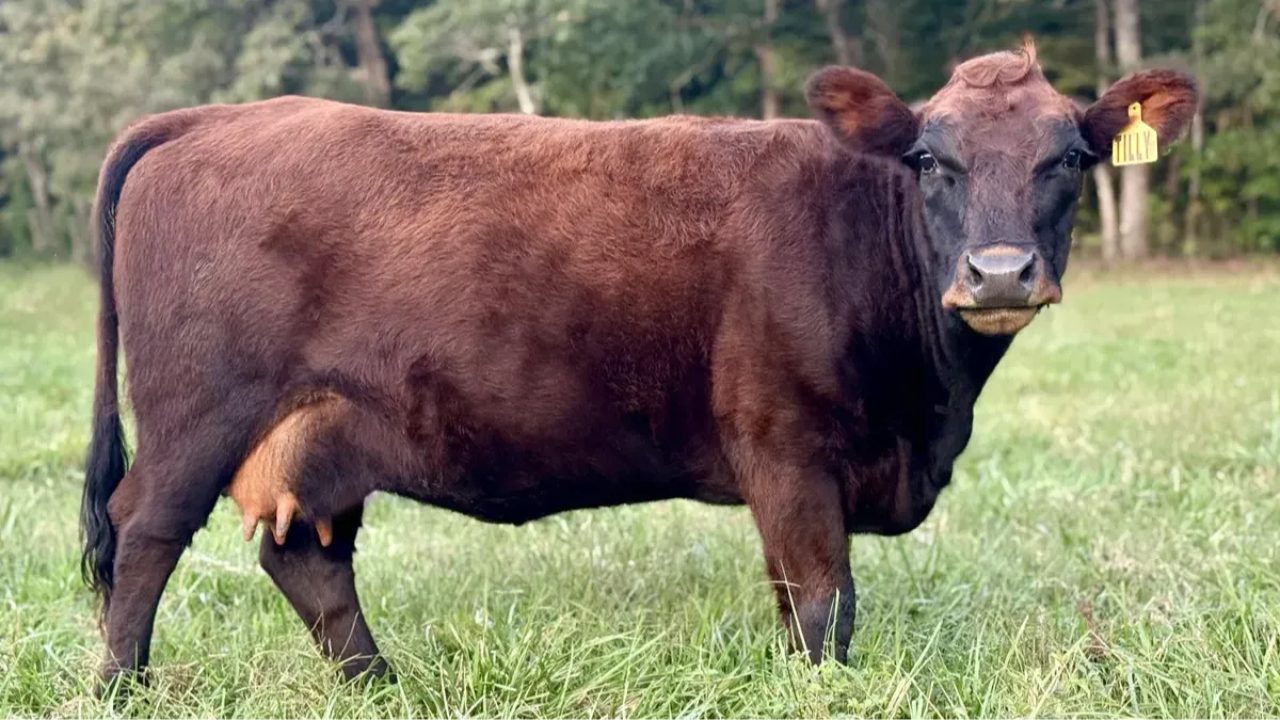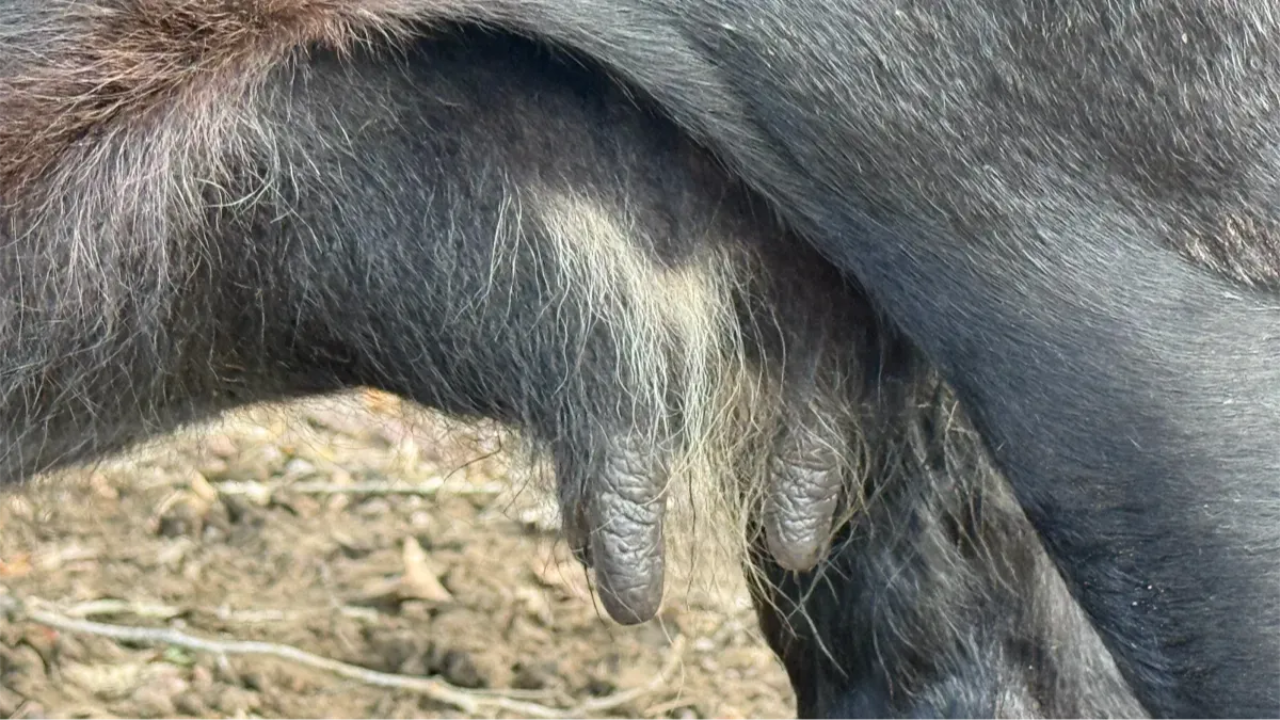Horn Genetics
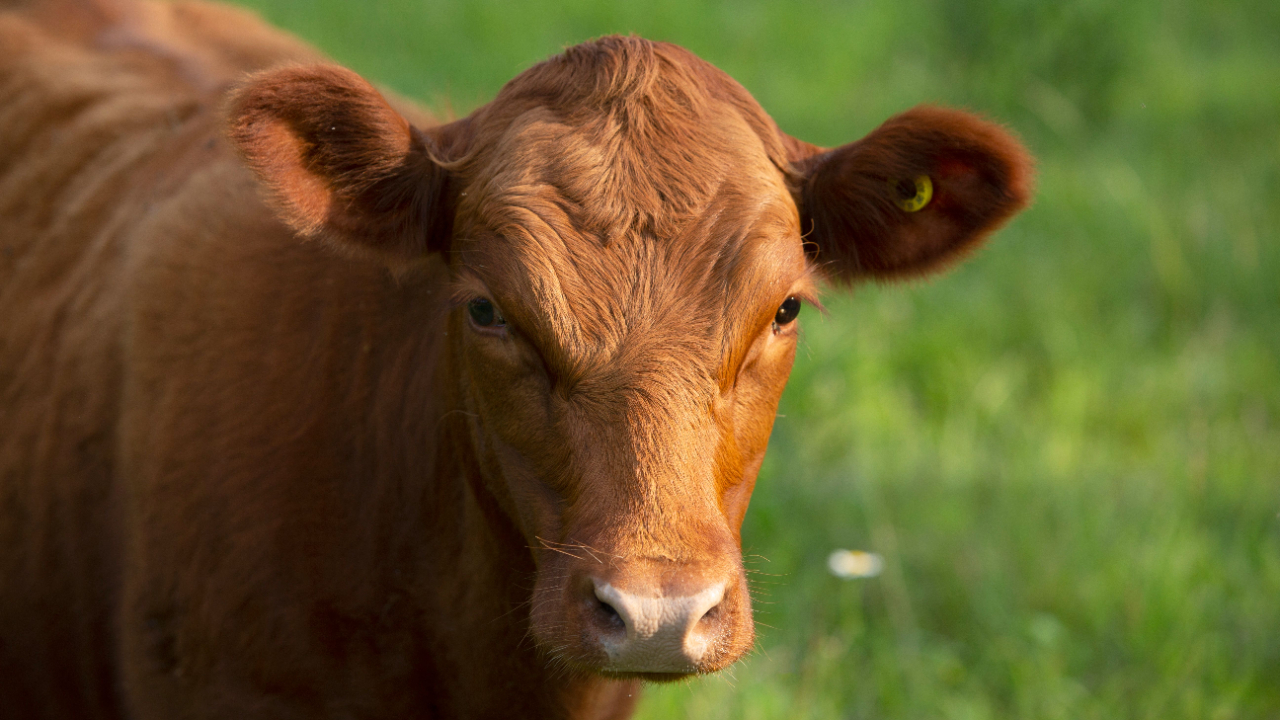
h2>Understanding Horned vs. Polled Genetics
We have one, unbreakable rule here at Mountain Heritage Farm... NO HORNS. Oddly enough, we readily accept horned genetics. Allow me to explain...
I know some people really love horned Dexters, but for us, it's a safety issue. The kids are all grown now and living their lives. We scarcely see the ones that still live here. This leaves me working the cattle alone a good bit. Even innocent movements from a horned cow could cause serious injuries. Think about how they swish flies off their sides by slinging their heads. One good head-sling with me standing too close and... OUCH. Or what about the way cattle jockey for position when feed is added to the trough? One bossy shove toward the bucket and... OUCH.
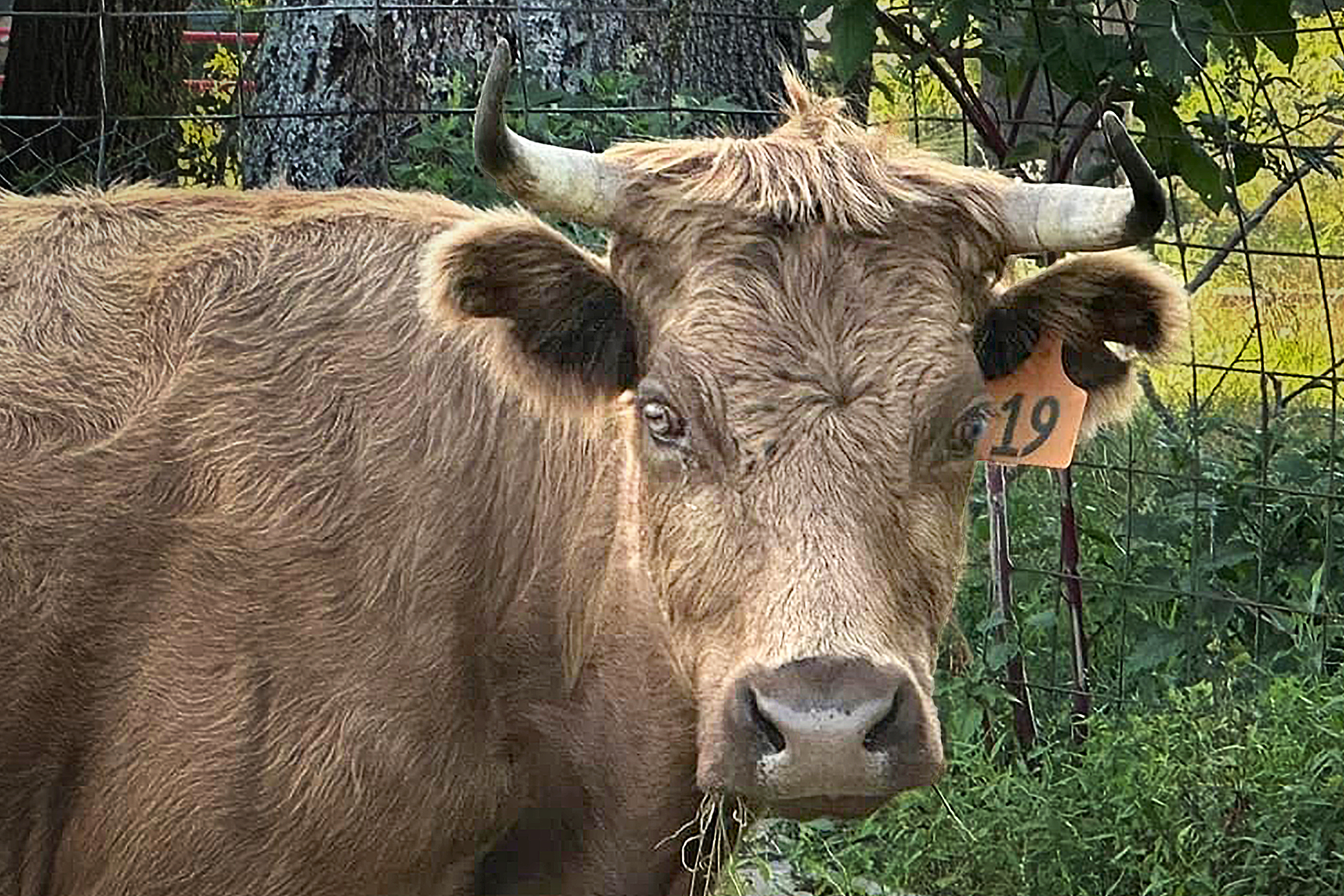
I don't think a Dexter would ever intentionally use their horns on a person like some breeds would, but it's just not worth getting injured accidentally so... NO HORNS.
Thanks to DNA testing, we can see what genes our cattle carry. By utilizing a simple punnet square, we can easily determine the probability of horns in any two animals.
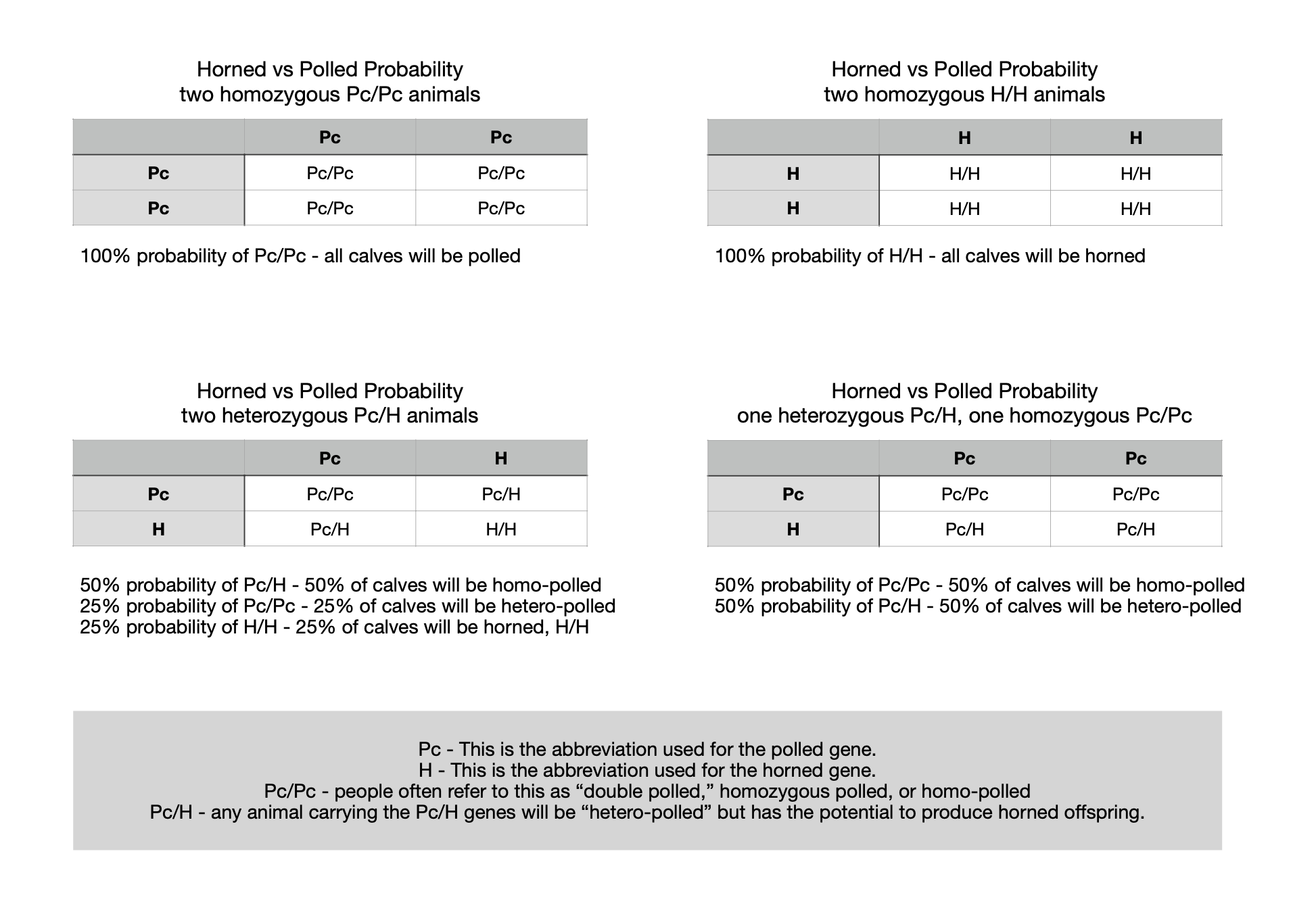
Interestingly, homo-polled genetics are dominant, meaning if either your cow or bull carries the Pc/Pc genes, all the offspring will be polled. There are so many polled Dexters today that it's hard to believe that most early Dexters had horns. Only with the introduction of the bull, Saltaire Platinum to the United States bloodlines did polled genetics become commonplace.
Most Dexter breeders seek out a homozygous polled bull and will accept nothing else. That's what we did when we purchased our first bull because we knew it guaranteed there would never be a horned calf born on our farm. However, the more I studied genetics, the more I realized being deadset on a homo-polled bull might not be wise. There are times when there is something genetically advantageous in a cow or bull that is polled but carries the horned gene.
Have you ever noticed that humans have a talent for screwing things up by trying to perfect them? Many lines of Dexters have succumbed to degradation at the hands of their stewards simply because of an insistence on only utilizing homo-polled genes. I'm sure there are innumerable small effects of this choice but the place I notice most is the structure of Dexter udders. For that reason alone, we do not avoid horned genetics.
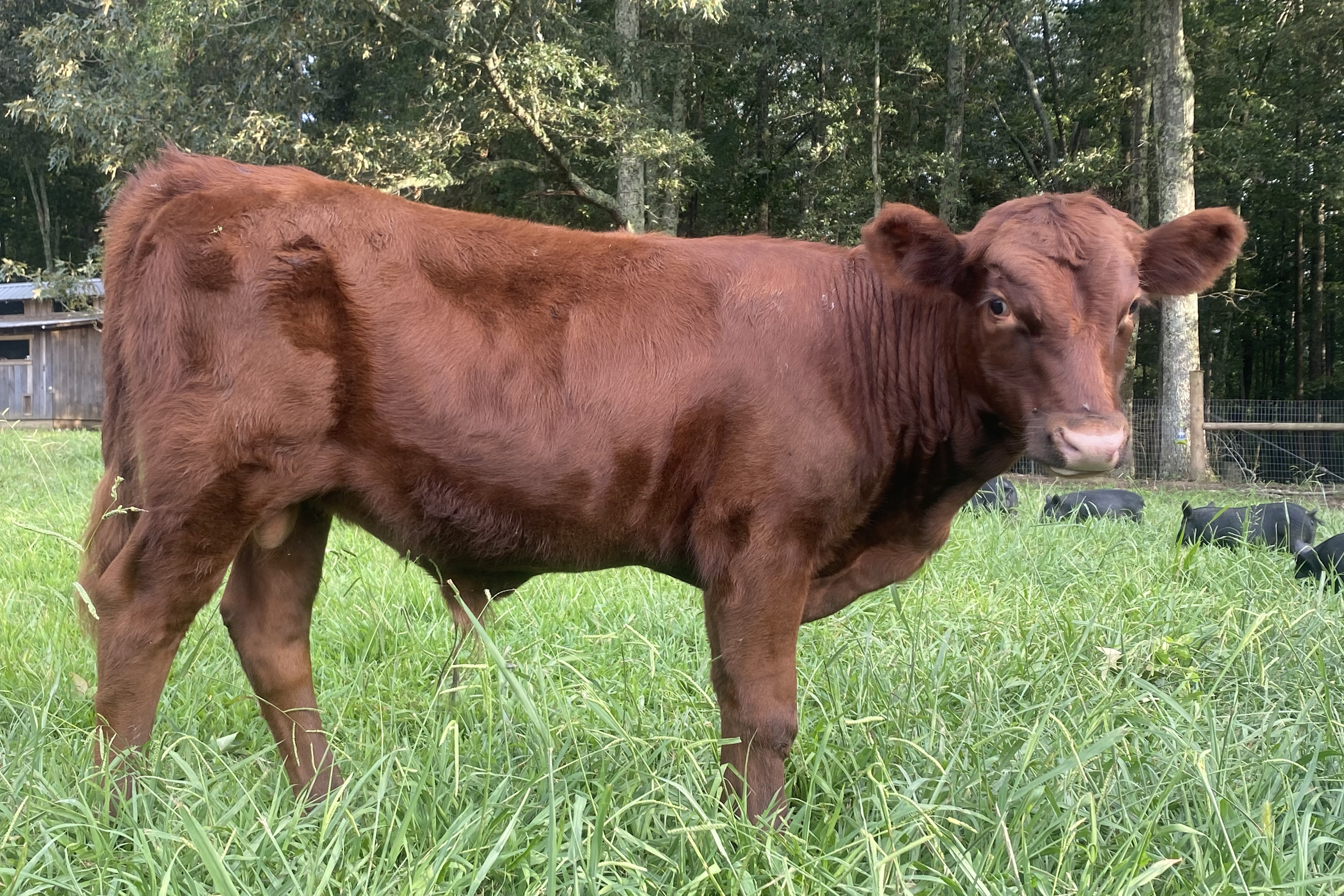
As of this writing, we have one herd sire that is homozygous polled and a second herd sire that is heterozygous polled. For many, hearing that we have a hetero-polled herd sire will seem like sacrilege! What we know is, he has some incredible genetics -- especially for udder capacity, butterfat, and udder attachments! We are willing to accept the occasional horned calf to improve the udders of our herd. I'll also share that some of our cows are also heterozygous polled. The horror! #sarcasm
We know we will occasionally have a horned calf born. We know that the calf will be dehorned for safety reasons. Even if we combine two hetero-polled animals, the probability of horns is only 25%. I find a one in four chance of horns of little concern when I realize what our hetero-polled animals bring to the genetic table. By simply allowing the horned gene to exist in our herd, we have genetic diversity that many stewards of the Dexter breed will miss out on.
Fun fact: Some of the milkiest, best-uddered lines carry horned genes! That reason alone is enough to keep horned genes in our Dexter herd!
